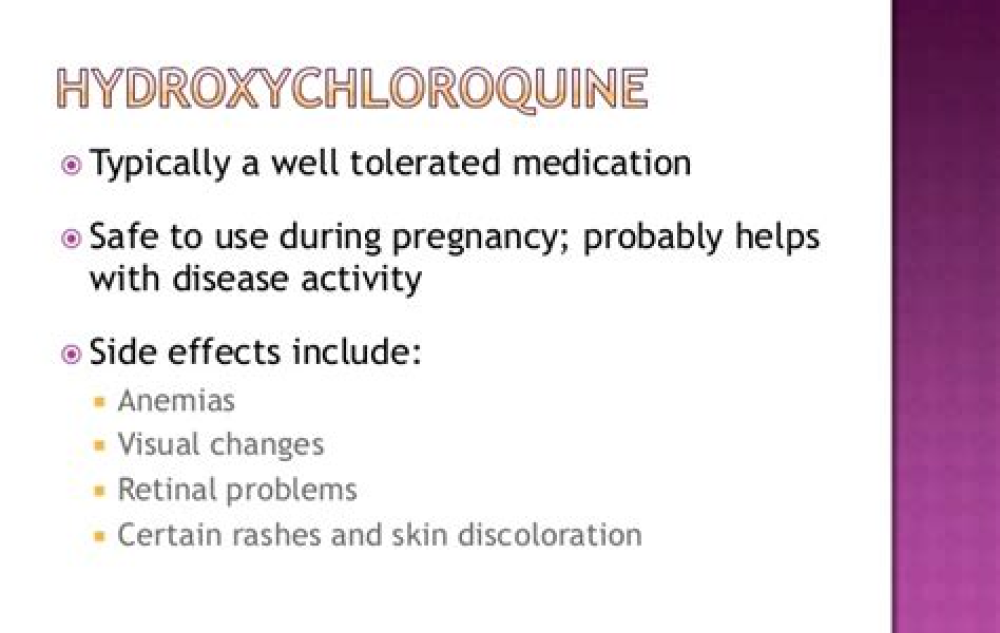Authors: COVID-19 Media Briefing with Dr. Adnan Munkarah
DETROIT – Treatment with hydroxychloroquine cut the death rate significantly in sick patients hospitalized with COVID-19 – and without heart-related side-effects, according to a new study published by Henry Ford Health System.
In a large-scale retrospective analysis of 2,541 patients hospitalized between March 10 and May 2, 2020 across the system’s six hospitals, the study found 13% of those treated with hydroxychloroquine alone died compared to 26.4% not treated with hydroxychloroquine. None of the patients had documented serious heart abnormalities; however, patients were monitored for a heart condition routinely pointed to as a reason to avoid the drug as a treatment for COVID-19.
The study was published today in the International Journal of Infectious Diseases, the peer-reviewed, open-access online publication of the International Society of Infectious Diseases (ISID.org).
Patients treated with hydroxychloroquine at Henry Ford met specific protocol criteria as outlined by the hospital system’s Division of Infectious Diseases. The vast majority received the drug soon after admission; 82% within 24 hours and 91% within 48 hours of admission. All patients in the study were 18 or over with a median age of 64 years; 51% were men and 56% African American.
“The findings have been highly analyzed and peer-reviewed,” said Dr. Marcus Zervos, division head of Infectious Disease for Henry Ford Health System, who co-authored the study with Henry Ford epidemiologist Samia Arshad. “We attribute our findings that differ from other studies to early treatment, and part of a combination of interventions that were done in supportive care of patients, including careful cardiac monitoring. Our dosing also differed from other studies not showing a benefit of the drug. And other studies are either not peer reviewed, have limited numbers of patients, different patient populations or other differences from our patients.”
Zervos said the potential for a surge in the fall or sooner, and infections continuing worldwide, show an urgency to identifying inexpensive and effective therapies and preventions.
“We’re glad to add to the scientific knowledge base on the role and how best to use therapies as we work around the world to provide insight,” he said. “Considered in the context of current studies on the use of hydroxychloroquine for COVID-19, our results suggest that the drug may have an important role to play in reducing COVID-19 mortality.”
For More Information: https://www.henryford.com/news/2020/07/hydro-treatment-study
